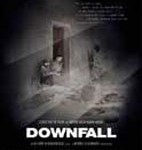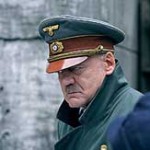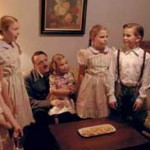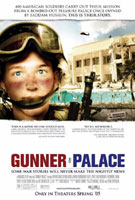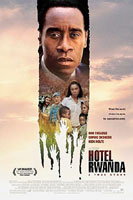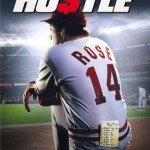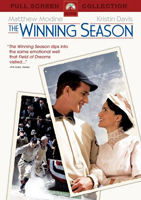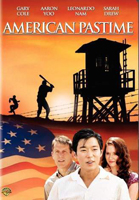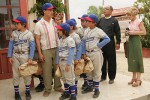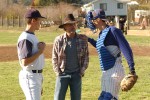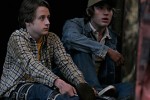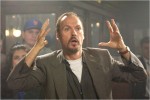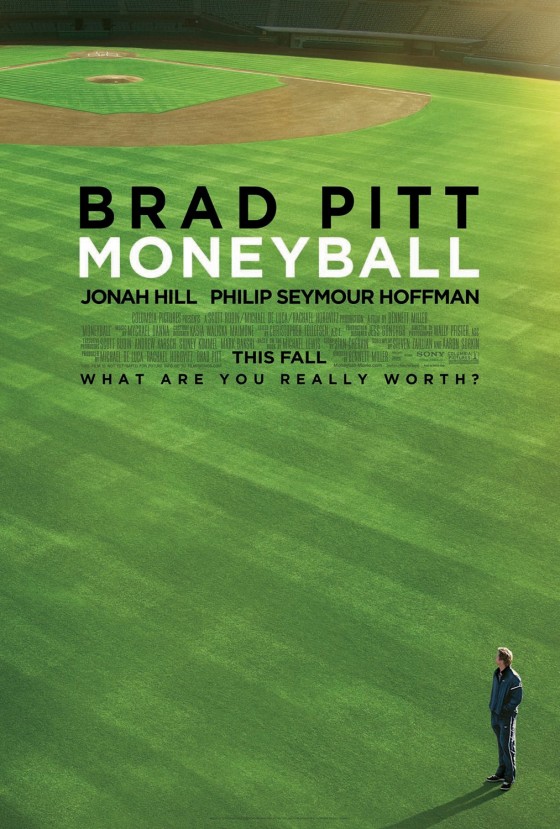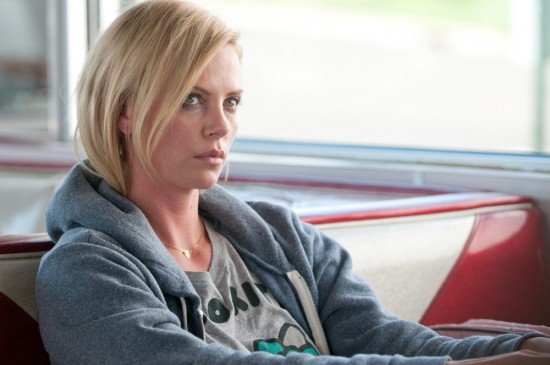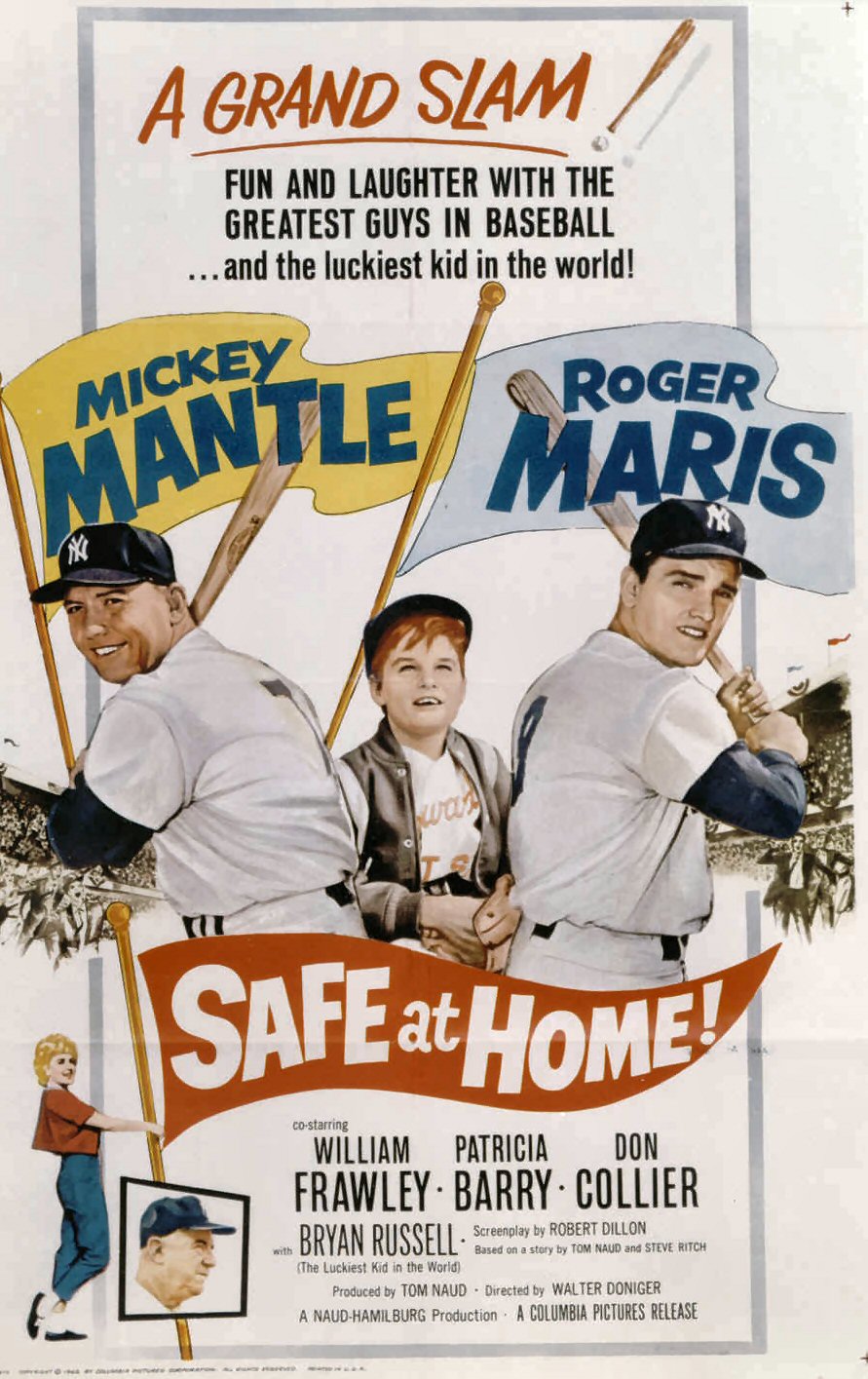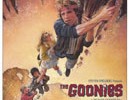More often than not, the story of history is told by those either standing atop the podium or by those who gave it their darndest and lost anyway. The true losers-well, somebody has to be the antagonist.
As far as modern history goes, there’s probably no greater loser than the German Nazis circa World War II. They don’t deserve our sympathy, our respect or even a bite of Salisbury steak on a cold Tuesday afternoon. Needless to say, the most respect Adolf Hitler has ever gotten in a film produced outside of the Nazi propaganda machine up until now was when Donald Duck was making fun of him. I guess there was Max from a couple years back, but that focused on a different time in Hitler’s life, one that was pre-“I want to take over the world with a bunch of blonde Billy’s and Betty’s.”
While he doesn’t necessarily sympathize with Hitler and his cronies, Oliver Hirschbiegel does make the fuehrer seem almost human with Downfall. He still shows signs of the flamboyant, stark-raving lunatic we know through all the old news reels, but he’s also “Uncle Hitler” to a handful of young children. Uncle Hitler-how can you not see the humanity in that?
The framing voice of Downfall is Traudl Junge (Alexandra Maria Lara), Hitler’s last stenographer. Her position at the side of Hitler led to many observations. Later in life, after the scope of his evil became apparent to everyone including those closest to him, Junge showed tremendous guilt for being a part of the Nazi machine as documented in the personal interviews shown in André Heller and Othmar Schmiderer’s excellent 2002 documentary Blind Spot: Hitler’s Secretary.
Junge is the guide into the final weeks of Hitler’s regime, with Berlin’s fall all but confirmed at the outset. Most of the film takes place underground, in Hitler’s bunker. While the fuehrer still offers up hope that the city will become a Mecca for the arts, Berlin is shown as but a shell of bombed out buildings and concrete rubble. Yet even as the Russian artillery marches closer and closer, Hitler maintains his optimism not only because his fate rests in the balance but because he is largely removed from the destruction. Tucked away in his bunker, his view of Berlin is one made up of pre-war memories and models of a hopeful future. He simply cannot grasp or understand his military’s imminent failure until it’s all but done.
Downfall has a lot of scope to it, weaving in and out of the bunker and carrying over to the fighting in the Berlin streets. As a result, there’s a lot of characters to keep track of. While this does offer multiple perspectives, it is also a little problematic as there’s so many people to keep track of and a limited running time. Even at two hours 30 minutes, many characters are simply touched upon without exploring their depths. Perhaps Hirschbiegel figures that’s what Internet search engines are for. Because of this somewhat glossing over, Hirschbiegel does present the players without the appearance of judgment.
But is that really how it is? This is a film clearly told from the perspective of the victors. While the protagonists, Hitler and company are still the bad guys. Downfall doesn’t go to the extent of celebrating their loss, it also doesn’t let the loss get lived down. Just look at the title. Essentially it reads, you haven’t lost yet but you’re going to. From there, it explores the psychology of what it’s like to lose in a game of the highest stakes.
While it doesn’t offer any forgiveness to Hitler and the Nazi party for their atrocities, Downfall does offer a much more human perspective on the situation than a lot of the caricatures and propaganda used by all sides in the past.
Downfall Gallery
Downfall Trailer
